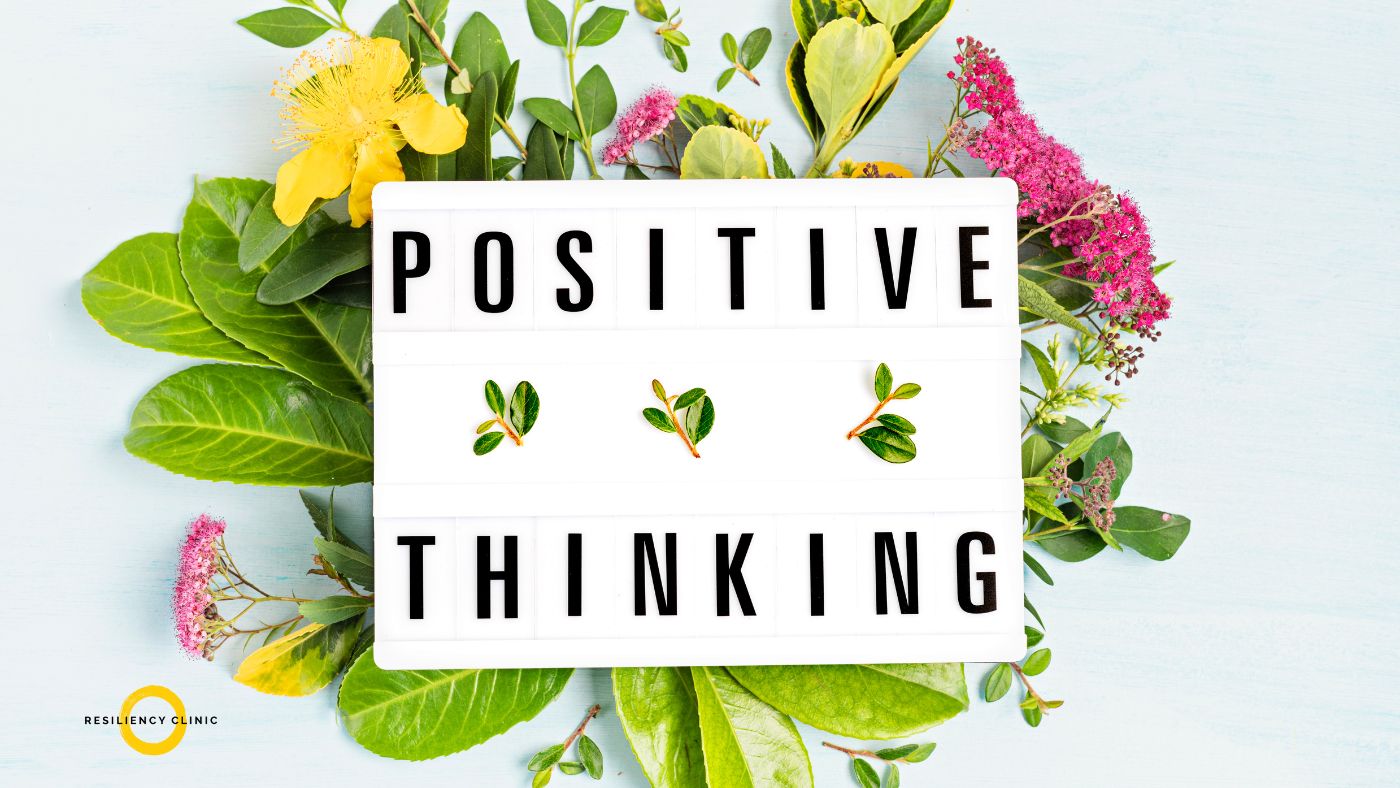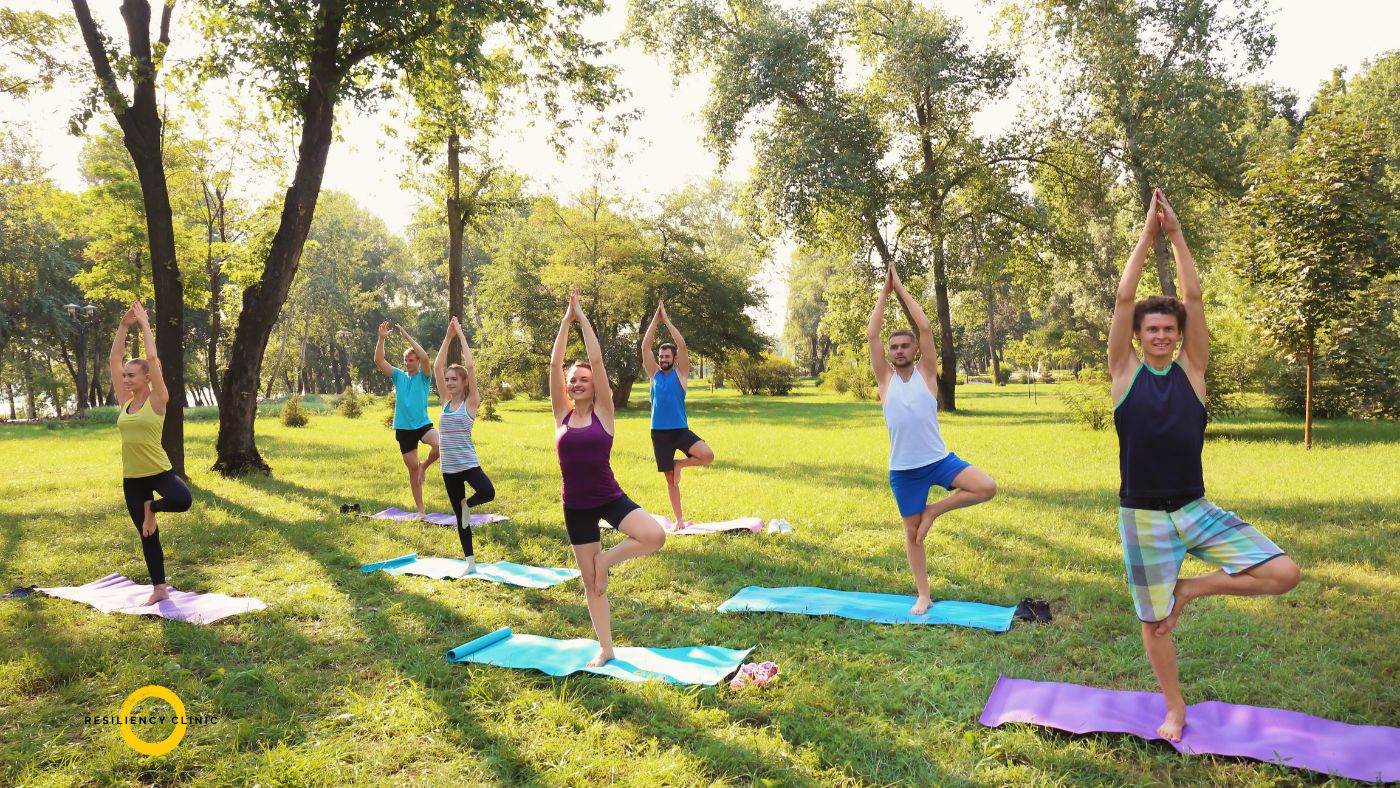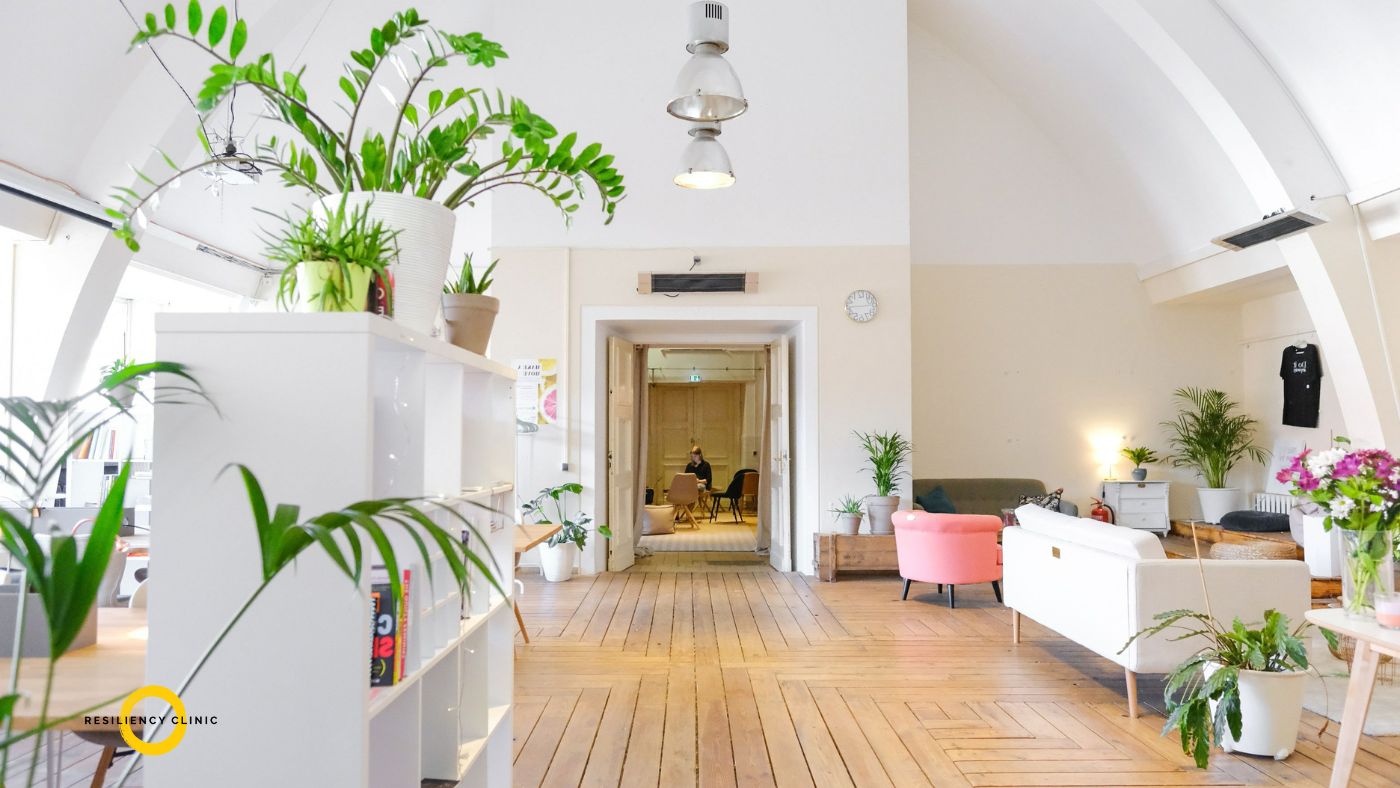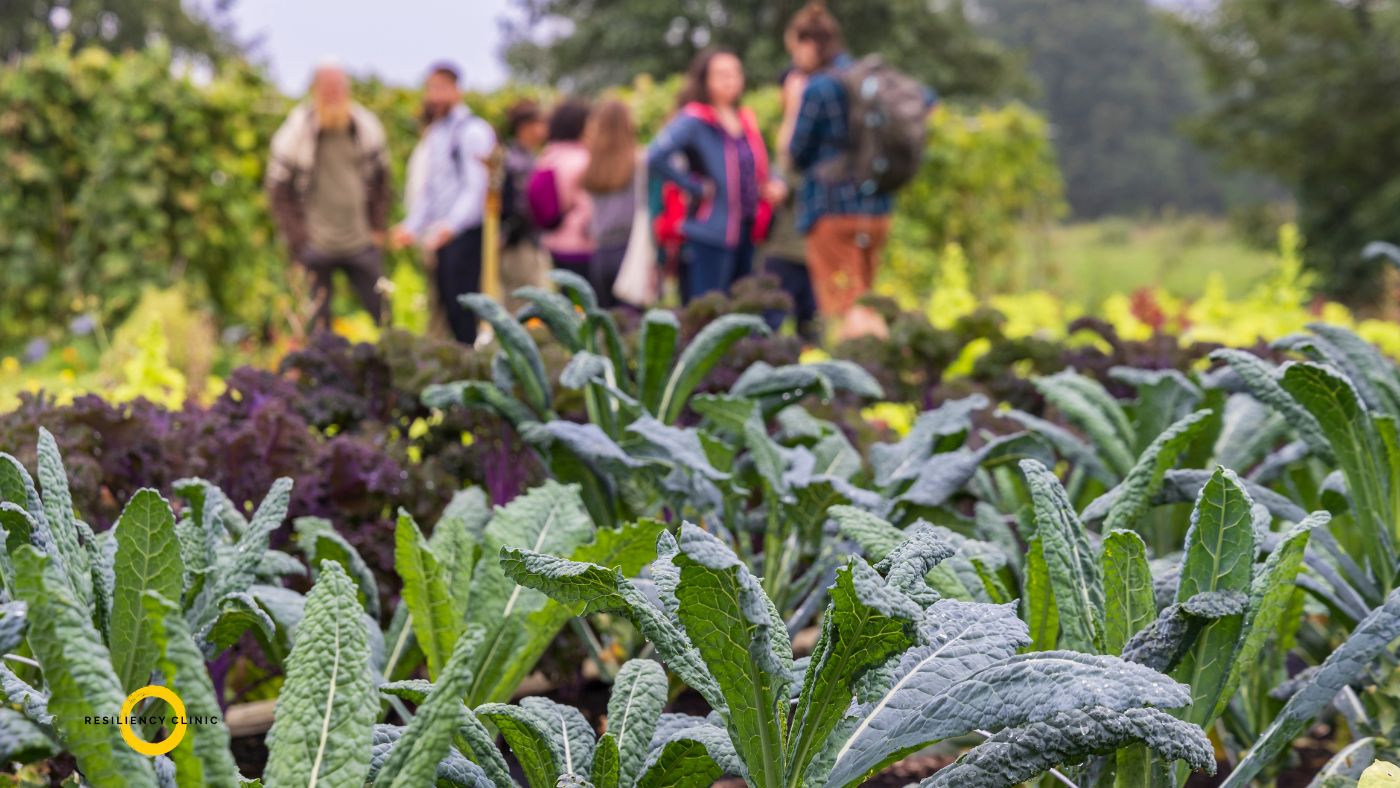Key Highlights
- Hanging out around trees and plants is really good for your mental health.
- Time spent outside can help you feel less stressed, think more clearly, and be happier and more emotionally stable.
- Walking in a park or just being around green stuff can make you feel less sad and worried.
- Nature helps us to take a break from staring at screens too much. Getting active outdoors or going for walks makes it easier to focus and reduces distraction problems.
- Bringing nature into your daily routine, like having indoor plants or spending time in parks, can greatly improve your mental health.
- Though going outside is very helpful for our brain, there are still hurdles we need to address so everyone can get outside and realize its benefits for them.
Nature Mental Health Facts
Nature is more than just beautiful. It’s like a hidden healer for our minds, nurtured by the natural world. Recently, a lot of research has shown us how great nature is for our mental well-being. It really helps by reducing our stress and worries and providing a natural setting for relaxation. Natural elements found in the natural environment also make us smarter in some areas and boost our mood.
In this blog, we’re going to explore how nature keeps our minds in good shape. We’ll look into studies about why nature makes us feel happier, as discussed by Cynthia Frantz, PhD, a professor of psychology and environmental studies at Oberlin College in Ohio. Research has found that the effects of nature go beyond providing a sense of well-being, as it has been shown to reduce crime and aggression and increase community cohesion. Additionally, being around nature makes us feel happier, improves how we feel about our lives, helps us get along with others better, and gives us a feeling that our life has a purpose. It also reduces feelings of sadness and promotes positive affect. We’ll also share stories from folks who felt a big positive change in their lives after spending time outside. Plus, we’ll discuss the many ways that going outdoors can make you happier and less worried or sad.
We also have helpful advice on how to add more plants to your everyday life to improve your mood. This is good for you even if you live in a city. Having plants in your house or visiting parks nearby can make you feel happier. Before we finish, we’ll talk about why some people might not spend enough time outside in nature, and we’ll share ways to fix this.
So, if you’re thinking about boosting your mood or just curious about what nature can do for you – stay with us. We’re going to show you all the great stuff that comes with spending time outside in nature.
What’s the Connection Between Nature and Feeling Good Mentally?
Spending time outside in nature is good for our mental health. This comes from the idea that people just love being around nature. There are two big ideas that help us understand why:
- The Attention Restoration Theory (ART) talks about how nature helps our minds relax and focus better.
- The Stress Reduction Theory (SRT) explains how being in nature can make us feel less stressed out.
When we use ART, it’s similar to spending time outdoors. It refreshes us after a lot of brainwork and helps us concentrate better. Also, SRT shows us that being near plants and trees makes us calm because of something called the parasympathetic nervous system. This helps us feel less tense and more cheerful, aiding in emotional regulation. These ideas tell us that spending time in nature is very beneficial. It keeps our brains in good shape by tackling tiredness and tension, which, in turn, makes our body’s defence system stronger.
Case studies: how nature affects our mental health
Real-life stories teach us how being in nature greatly helps our minds. Those who have experienced nature’s magic often talk about the joy it brings, like feeling calm or amazed.
Let’s talk about Sarah. She’s really busy with her job. But she discovered that hanging out in nature, especially walking in the woods near her house, made her feel calm and happy. It made her feel connected to something much larger and helped her escape the daily grind.
Then we have John, a young man struggling with worry problems. He started gardening, and it helped him a lot. Taking care of plants and watching them grow made him feel close to nature in a unique way. It helped calm his worries over time.
These tales show us just how crucial it is to add more nature into our daily lives to keep our minds in good shape.
Nature Mental Health Benefits

Spending time outdoors can do wonders for our minds. Research has found that being in nature can make us feel happier by reducing sadness and worry, lifting our spirits, and also improving how well our brains function.
Spending time in nature makes us less stressed, lowers our blood pressure, and helps us feel relaxed and at peace. It also encourages us to engage in regular physical activity, which is crucial for our physical and mental health. Moreover, being outside makes us happier. It connects us to the world and gives comfort to people facing poor mental health. This can decrease bad feelings and negative emotions and boost overall happiness and health.
When people welcome what the outdoors gives, they feel better in their minds. They become happier and more content with their lives.
Reducing symptoms of depression and anxiety
Being outside in nature helps a lot with mental health problems, especially for people facing mental illness. Early studies have found that being outdoors really helps by reducing stress and making folks feel more calm and more joyful. This works because when you’re around nature, the chemical in your body that makes you feel stressed goes down, promoting positive feelings and reducing symptoms of depression and anxiety. This has led to an increasing number of health professionals prescribing nature as a cure or treatment for a variety of mental health ailments. This also helps your heart rate and blood pressure to go down.
Taking a break and spending time in nature helps us relax. It lets us take a break from everyday stress. Being outside calms us down. It makes us feel less sad and worried.
So, if you’re having a tough time with your mental health or facing signs of mental illness, spending more time outside might really help you feel better.
Enhancing mood and emotional well-being
Spending time outside in nature truly makes us feel better. Research shows that being around plants and natural areas makes people happier and more satisfied.
Seeing and hearing lovely things outside, such as birds singing and flowers with a nice scent, can make you feel happy. Nature has a way of calming us down and keeping our feelings stable, making us feel balanced.
Parks and gardens, full of green, are great for taking it easy and chilling out. When people spend time in these places, they often find they’re not as stressed. They usually end up feeling happier about life.
When we make sure to spend time outside every day, we can really help our mood get better. This not only makes us feel happier, but it also helps us be in a better emotional state overall.
Nature as a Tool for Combatting Screen Addiction
In today’s world, we all spend a lot of time looking at our screens. This is a big concern for our mental health. Spending too much time on your phone or computer can make you stressed and worried. It can also make you less social and overall not as healthy in your mind.
By stepping outside into nature, we can resist the need to always be on the internet. Activities like hiking, gardening, or relaxing in parks let us pause our use of tech gear. This break gives us a moment to disconnect.
Going for walks outside helps folks focus better and not get as sidetracked by their gadgets. Swapping screen time for time in nature makes it easier to pay attention and use devices less. Also, enjoying the outdoors is great for mental health and comes with plenty of benefits.
Tips for cutting down on screen time with outdoor activities
Spending less time on screens and doing more outdoor activities can really help your mind feel better. Here’s what you can do to make that a reality:
- Make nature a part of your day: Find time to step outside each day, even for a bit. This gives you a break from screens and can help make your focus better.
- Try outdoor activities: There are many fun things outside, like walking, biking, gardening, or bird watching. Choose what makes you happy and connects you to nature.
- Have screen-free areas: Pick certain places at home or work where screens are a no-go. This is a good way to step away from technology and find some quiet time.
- Control your screen time: Set a limit for how much time you spend on screens each day. By sticking to this limit, you’ll spend more time enjoying nature.
By doing these easy steps, you’ll not just cut down on how much you use your phones and computers. You’ll also make room for the peace you get from spending time outside. Don’t forget – building a bond with the great outdoors is super important for clearing our heads and making us happier overall.
Going for walks in nature can help sharpen your focus and lessen problems with paying attention.
Walking in nature helps us focus better. When we’re outside, away from everyday noise, it lets us relax in a calm place. This makes it easier to pay attention.
Going outside into nature does wonders for our brains. It helps us focus better and pay more attention. Nature’s beauty catches our senses and makes our brains more alert, improving our concentration. Walking around also gets our blood moving all through our body, including to our brain. This keeps our minds sharp and alert.
Walking through green spaces can:
- Lower your blood pressure.
- Reduce your stress.
- Help you feel more relaxed.
Doing this regularly can help you focus better and feel mentally stronger.
How to Bring Nature into Your Every Day for a Happier Mind
Bringing nature into your daily routine can really help improve your mood. Even if you’re in the city, it’s not hard to find ways to get more nature into your life and make the most of its benefits. Here’s what you can do to make it happen:
- Add some plants inside your house or office. It makes the place calm. Plants not only clean the air but also make you feel more in touch with nature.
- Visit green places: Find parks, gardens, or green community areas and go there a lot. You can walk, have a picnic, or just sit and enjoy being outside. These spots are a nice change from everyday life.
- Exercise outside: Walk, bike ride, or run in nature. Being active in natural surroundings is good for your mind and body.
- Use natural stuff: Pick items or clothes that are made from things found in nature. They can help you relax and feel connected to the Earth.
Text: By doing little things like this and bringing more of nature into our every day lives, we can feel better and enjoy what our earth offers – especially for our minds!
Easy tips to add more nature to your city life

Living in the city doesn’t mean you can’t enjoy nature. Here’s how to bring some green into your city life:
- Get creative and turn your balcony or windowsill into a garden right in the middle of the town. It’s simple to grow herbs, flowers, or little veggies and enjoy a splash of nature at your place.
- When you go to the local parks, you get to dive into nature right in the center of the town. Take time for walks, picnics, or just chilling in nature.
- Outdoor exercise classes offered in many cities, like yoga or group workouts held outside, are a fun and good way to exercise under the open sky.
- Around your area, there might be hidden spots like community gardens, green spaces, or gardens on rooftops where you can find peace and join in on community stuff.
Putting these things into your daily life not only adds beauty to nature but also helps your mind feel better. This is because you get moving and enjoy calm places.
How having plants inside and green spots around us makes our minds healthier
Having plants inside and being around green spaces outside can really boost your mental well-being. Keeping indoor plants around helps you stay calm and relaxed by reducing stress. Plus, these plants are amazing for your home’s air. They eliminate nasty things and add oxygen, making your living space more pleasant.
In cities, parks and gardens are great spots for people to relax and feel more in touch with nature. When people hang out in these green spaces, they tend to feel happier and not as down or worried. This can really help improve their overall mood.
Text: Bringing some plants into your home or spending time in green places around town is great for your mental health.

Overcoming Barriers to Nature Exposure
- Even if we all know hanging out in nature is good for us, a few things might keep us from enjoying it fully.
- These things are not having places with lots of trees and plants nearby, not understanding how awesome nature is for our heads, and just being too caught up with less time to spend outside.
- But, if we bring nature into our day-to-day lives, like having plants inside or listening to the sounds of nature, we can get past these hurdles and enjoy how nature helps our mental health.
To move beyond these obstacles, it’s important to include nature more in your life. You can begin by visiting parks or gardens near your place. Or, you might want to add some plants to your living spaces. Also, setting aside a bit of time for outdoor fun can really help. By tackling these issues directly, you’ll probably notice your mood getting better because of all the benefits you get from spending time in nature.
– Ideas for people in cities who find it hard to reach parks and nature spots.
Living in cities with little green space can be hard on our mental health. However, there are ways to improve the situation, especially for those living in urban areas. For example, making and maintaining areas like parks and gardens helps a lot. Even adding urban green space, or blue space in the form of aquatic environments, on rooftops or building walls is beneficial. These places give us a chance to take a break and enjoy nature. Parks in the city are perfect for getting away from the hustle and bustle.
Adding more green things, like plant-covered walls or roofs with plants, can make city life more like nature. This not only makes people happier but also turns cities into better places to live. For people in cities who can’t easily get to parks or natural spaces, adding things like gardens on roofs or walls covered in plants can make them feel peaceful and boost their mood.

Finding time to enjoy nature when you’re super busy
Having a busy day can make it hard to spend time in nature, but it’s crucial for keeping your mind healthy. Even when time is tight, you can still include bits of nature in your daily life. Start by finding brief moments during your day to enjoy the outside. This can be a short walk during a work break or relaxing in a nearby park for a little while. You can also bring nature inside by decorating with houseplants or pictures of the outdoors as additional support for your mental well-being. Why not make outdoor time fun by doing it with friends or family? Plan hikes or weekend getaways to places full of nature when you have extra time. By trying to do more outside activities, you get to enjoy the benefits for your mental health every day.
The Worldwide Push for More Green Areas to Help Our Mental Health
All over the world, there’s a big push to add more parks and green spots in cities to help with our mental health. Cities have realized that being near nature keeps our minds in good shape, and they’re finding different ways to do so in city settings. Take Singapore, for example. They’re working on their “City in a Garden” project, which is all about filling the city with parks and water areas. Then there’s Barcelona, which kicked off the “Superblocks” program. This plan will create more space for parks and people and less for cars. These moves show us how city planning is evolving to create spaces that aren’t just nice to look at but are also beneficial for our mental health. By bringing bits of nature back to city spaces, cities are really helping us feel more joy and health in where we live.
Cities adding green areas for everyone’s well-being
Cities around the world are adding nature to their city settings to improve public health. Look at Singapore, for instance. They’ve kicked off a “City in a Garden” project. This idea is focused on turning the city greener and more sustainable by introducing more parks, gardens, and green spaces. Because of this work, Singapore not only looks better but its residents also feel better mentally.
In Barcelona, there is a cool thing named the “Superblocks” project. It aims to:
- Return streets to people who walk and
- Increase green areas.
By using fewer cars and adding more plants, Barcelona is taking care of the health and joy of its people. These examples tell us how cities can bring nature into their design. This makes places where we live healthier and more pleasant. By letting people get to nature and making public health a priority, cities can make us feel better all around and enhance how we live. High-quality urban parks, designed with accessibility in mind, can enable more people to enjoy and connect with nature, reducing inequality of access and promoting well-being for all.
Future trends in urban planning and mental health
The future of city planning and mental wellness is something people are constantly looking into. As cities get bigger and have to deal with the big weather changes coming our way, it’s getting more important to think about mental health when planning these areas. Future research will want to find out exactly how nature affects our mental wellness and how being around nature for a long time can impact our thinking, mood swings, worries, and long-term illnesses, especially in metropolitan areas where access to nature may be limited.
- There’s a growing push to make sure people’s mental wellness is a key part of planning cities.
- The coming research will aim to understand how nature helps our mental health.
In addition to studying, future studies and trends in urban planning might include adding more nature. This means putting in things like gardens on walls, green coverings on buildings, and city woodland areas. These steps aim to lessen the impact of climate change and make it easier for people to get close to nature. By doing this, we can lower the temperature in cities, make the air cleaner, and give people living in busy areas more chances to experience nature.
Overall, the future of city planning and mental health looks good for making healthier, more lasting cities that focus on the happiness of the people living there. By adding nature to city areas, cities can improve mental happiness and make more enjoyable places to live in.

Nature & Mental Health: Key Takeaways
Spending time outside in nature is great for our mental health. It helps lower stress and makes us feel better emotionally. Many studies confirm that being outdoors can make you less stressed, happier, and healthier mentally. In fact, research has shown that being outside can even reduce the risk of mental disorders later in life. Getting outside has such good effects on our mental health that doctors often suggest it to help with different health problems, including mental fatigue. If we make sure to include nature in our everyday lives and in our urban environments, we can deal with today’s life stresses better and take care of our mental health. Putting attention on connecting with nature can really make a big difference in feeling good mentally. It’s a natural way to fight off the stress of modern life.
Frequently Asked Questions
How long do you need to spend in nature to start feeling better mentally?
Depending on the person and their health needs, the amount of time spent in nature for mental health benefits can vary. However, a detailed review has shown that just a dose of nature experience, lasting 20-30 minutes, can begin to improve your mental state. Whether it’s a short walk, chilling in a park, or just being around plants and trees, these brief times with nature can really help make you feel better mentally and boost your overall health.
Can watching nature on a screen give you the same good feelings as being outside in the real world?
Using virtual reality tech, folks can try out nature scenes from the comfort of their homes. It’s different from being outside, but it’s still awesome. The research found that people who explore nature in these digital worlds feel better, kind of as they would after spending time in real nature. They feel less stressed and more relaxed after their online nature trips. So, while being in actual nature might have a few more perks, taking a virtual tour through nature’s wonders can also really help your mental health by making you feel good.
….
Content Sources
https://advances.sciencemag.org/content/5/7/eaax0903
https://journals.sagepub.com/doi/10.1177/0013916508319745
https://my.clevelandclinic.org/health/articles/22187-cortisol
https://www.pnas.org/doi/10.1073/pnas.1807504116
https://academic.oup.com/bioscience/article/65/12/1141/223866
https://www.ncbi.nlm.nih.gov/pubmed/28796634






